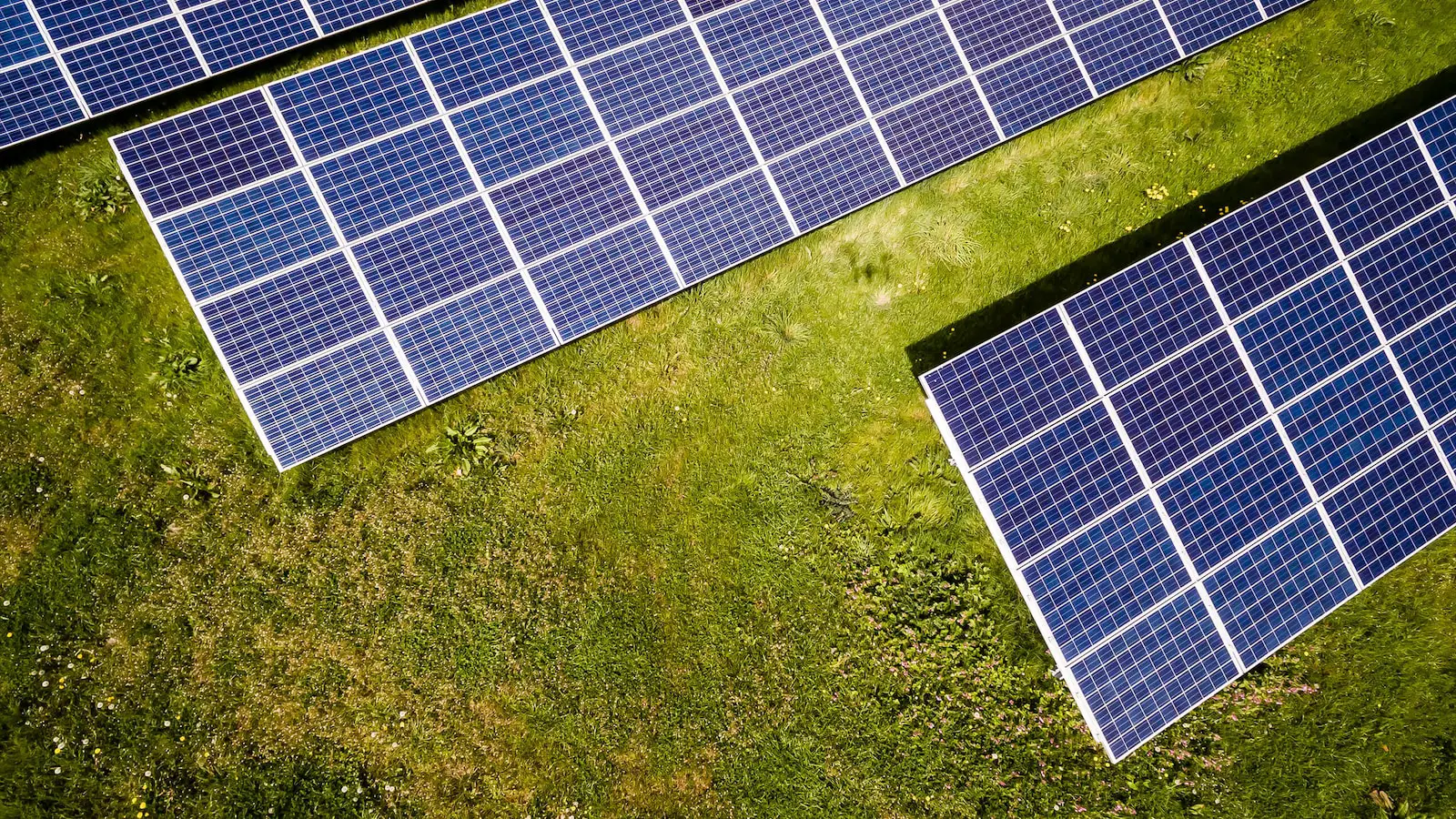Whether or not you need an inverter for your solar system depends on the appliances you need to power. Most home appliances operate on Alternating Current (AC) from the utility grid. Solar panels typically produce 12 or 24 volts of Direct Current (DC), which can power DC appliances like lights and TVs, but not as efficiently as AC appliances.
While you can use a grid-tied solar system without an inverter to power DC appliances, it may not be effective, and varying voltages can damage devices.
Grid-tied systems can also charge batteries using renewable energy to supply AC power when the sun isn’t shining, but this requires a charge controller to prevent overcharging.
Solar panels can power specific uses like electric fences, but appliances that use AC, like refrigerators and heaters, can be damaged if connected directly to solar systems without an inverter. The necessity of an inverter depends on the appliance type connected to the panel.
Types of Solar Inverter for Harnessing Solar Energy
An inverter is an electronic device that transforms DC power into AC power, making it compatible with household appliances and electronics.
In addition to this, the inverter also ensures that the AC power produced by the solar panels is synchronized with the grid, making it safe for use and preventing damage to the electrical system.
There are several types of solar inverters available in the market, including string inverters, micro inverters, and power optimizers.
Ultimately, the type of inverter selected should depend on factors like the size of your solar panel system, where you install it and any specific needs of the homeowner.
It is essential to select the right type of inverter and install it correctly for maximum efficiency and safety of the solar panel system.
What Happens If I Didn’t Use An Inverter?
If you don’t use an inverter with a standard photovoltaic (PV) panel connected directly to an appliance, it can damage both the panel and the appliance, especially if they need a specific frequency of electricity.
Improper grounding of the inverter can also cause similar damage. Additionally, this setup can trip the circuit breaker of a home or business, leading to power outages.
Without an inverter, there’s also a risk of losing grid solar power when the standard solar systems generate more or less voltage than what the appliance requires.
Can Solar Panels Be Directly Connected To Batteries?
Connecting a solar panel directly to a battery may seem like an obvious solution, but doing so could cause serious harm to the battery.
Without proper regulation, overcharging can occur, shortening battery lifespan and placing you at risk of gas buildup or leakage.
To prevent these issues from arising, using a solar charge controller is paramount for protecting your battery.
It regulates the energy flow from the panel to the battery, and it ensures the safe and efficient charging of your battery.
When selecting a solar charge controller, it is essential to consider its compatibility with the voltage and capacity of the panel.
A properly functioning charge controller can efficiently manage energy flow while optimizing the performance and safeguarding the battery from damage – thus extending its lifespan.








